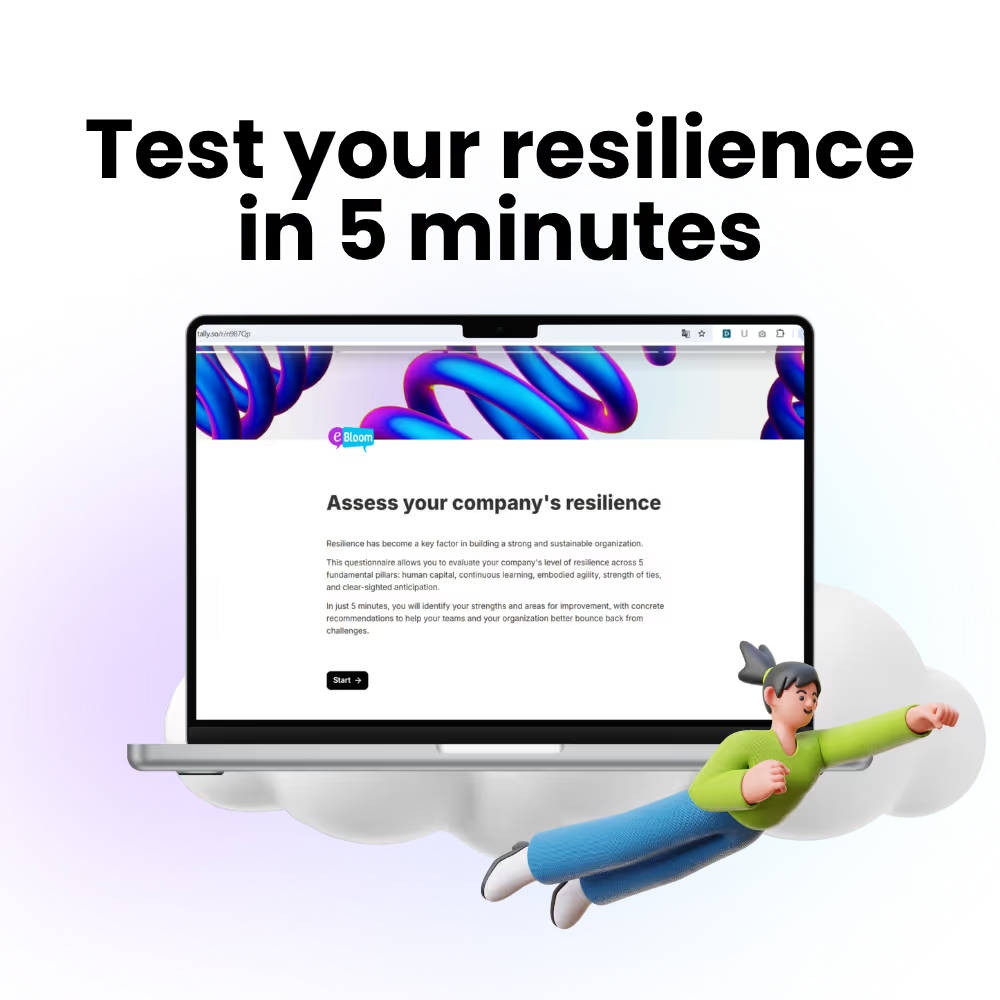
In recent years, the wave of digital transformation has swept across various sectors, fundamentally altering the way businesses operate. Among these sectors, Human Resources (HR) has emerged as a key area experiencing profound change. The significant trend towards digitalization in HR is reshaping the landscape of employee management, talent acquisition, and organizational development, announcing a new era where technology not only supports but actively drives strategic HR initiatives.
The adoption of Artificial Intelligence (AI) for talent analytics and cloud-based HR systems represents a paradigm shift in how HR departments approach their tasks. These technologies are no longer viewed merely as tools but as enablers of a more predictive and proactive HR management strategy. AI-powered analytics can browse through vast amounts of data to identify patterns and insights that human analysts might miss, leading to more informed decision-making processes. Meanwhile, cloud-based HR systems offer the flexibility and accessibility needed for modern, dynamic workplaces, allowing for seamless integration of information across departments and locations.
The landscape of HR is rich with examples of how digital technologies are being harnessed to drive significant improvements and innovation. Here are some ideas inspired by real-world applications that showcase the transformative potential of advanced technologies in HR operations across Europe.
These ideas illustrate the vast potential of digital technologies to transform HR practices. By drawing inspiration from successful applications, organizations can explore new ways to tackle their HR challenges, leveraging digital transformation to achieve greater efficiency, engagement, and strategic alignment.
However, the road to digital transformation in HR is not without its challenges. Privacy concerns are paramount, as the use of digital tools involves the handling of sensitive employee data. Ensuring data security and compliance with regulatory standards is crucial. Additionally, there is a pressing need for upskilling HR professionals to equip them with the knowledge and skills required to navigate the new digital landscape effectively. Addressing these challenges is essential for organizations to fully realize the benefits of digital transformation in HR.
Looking ahead, the future of work and HR appears set for ongoing evolution, driven by continuous advancements in technology. Emerging trends such as the use of blockchain for secure employee data management, the application of virtual and augmented reality for immersive training experiences, and the increasing reliance on machine learning for predictive analytics suggest that the impact of digital transformation on HR is only set to deepen. These developments promise to further enhance the agility, efficiency, and strategic capacity of HR departments, shaping a future where technology and human insight combine to create more responsive, inclusive, and adaptive workplaces.
Get started with eBloom today and explore a wide range of features designed to boost your HR efforts. Sign up for a free trial and see how easy it is to improve employee engagement, streamline your HR processes, and drive better results for your organization.
Sign Up for Your Free 30-day Trial

.avif)



